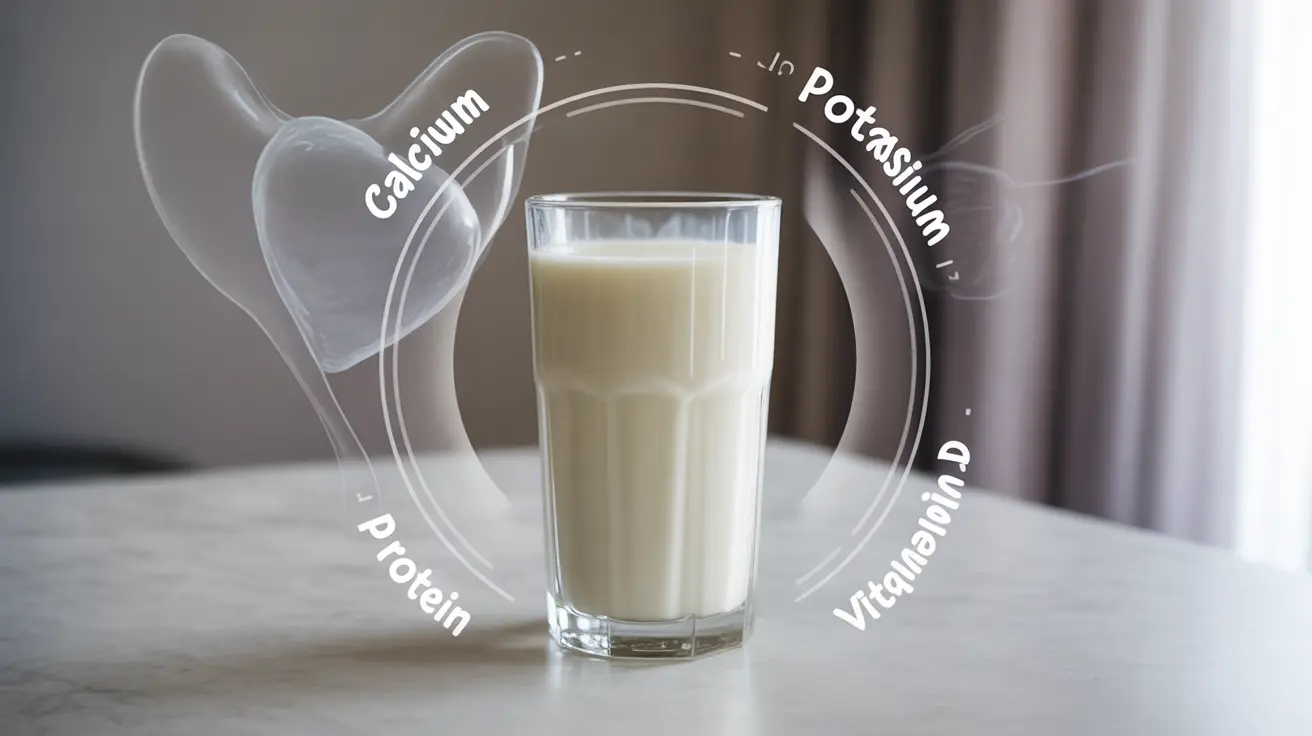The relationship between milk consumption and blood pressure management has been a topic of significant interest in the medical community. Recent research suggests that incorporating dairy products, particularly milk, into your diet may play a beneficial role in maintaining healthy blood pressure levels. Understanding how milk affects blood pressure can help you make informed decisions about your dietary choices.
The Blood Pressure-Lowering Properties of Milk
Milk contains several essential nutrients that work together to support healthy blood pressure regulation. These components interact with various bodily systems to help maintain optimal cardiovascular function and blood pressure levels.
Key Blood Pressure-Regulating Nutrients in Milk
The primary nutrients in milk that contribute to blood pressure management include:
- Calcium: Essential for blood vessel function and muscle contraction
- Potassium: Helps balance sodium levels and regulate blood pressure
- Magnesium: Supports blood vessel relaxation
- Protein: Contains bioactive peptides that may help lower blood pressure
- Vitamin D: Often fortified in milk, supporting cardiovascular health
How Milk Affects Blood Pressure
When consumed regularly, milk's nutrients work through multiple mechanisms to support healthy blood pressure levels. The calcium and potassium content helps regulate the body's fluid balance, while proteins may help relax blood vessels. Additionally, the vitamin D in fortified milk supports overall cardiovascular health and blood pressure regulation.
Choosing the Right Type of Milk
Different types of milk offer varying benefits for blood pressure management. While whole milk contains all the essential nutrients, it also comes with higher fat content. Low-fat and nonfat options provide the same beneficial nutrients with fewer calories and less saturated fat.
Recommended Daily Intake
For optimal blood pressure benefits, health experts typically recommend consuming 2-3 servings of dairy products daily. One serving equals about 8 ounces (1 cup) of milk. However, individual needs may vary based on factors such as age, overall health, and existing medical conditions.
Alternatives for Lactose Intolerant Individuals
People who cannot consume regular milk still have options for obtaining similar blood pressure-regulating benefits. Fortified plant-based alternatives such as soy milk, almond milk, or oat milk can provide comparable nutrients, especially when fortified with calcium and vitamin D.
Frequently Asked Questions
Does drinking milk help lower high blood pressure and reduce the risk of hypertension?
Yes, regular milk consumption may help lower blood pressure and reduce hypertension risk due to its rich content of calcium, potassium, and other beneficial nutrients that support cardiovascular health.
What nutrients in milk contribute to blood pressure regulation and how do they work?
Milk contains calcium, potassium, magnesium, protein, and vitamin D, which work together to regulate blood pressure by supporting blood vessel function, balancing fluid levels, and promoting overall cardiovascular health.
Is low-fat or nonfat milk better than whole milk for managing blood pressure?
Low-fat and nonfat milk provide the same blood pressure-regulating nutrients as whole milk but with less saturated fat, making them generally preferred choices for blood pressure management, especially for those watching their weight or cardiovascular health.
How much milk should I consume daily to support healthy blood pressure levels?
Most health experts recommend consuming 2-3 servings (8 ounces each) of milk or dairy products daily to obtain optimal blood pressure benefits. However, individual needs may vary based on personal health factors.
Can people who are lactose intolerant benefit from dairy substitutes for blood pressure control?
Yes, fortified plant-based milk alternatives can provide similar blood pressure-regulating benefits when they contain comparable levels of calcium, vitamin D, and other essential nutrients found in dairy milk.




